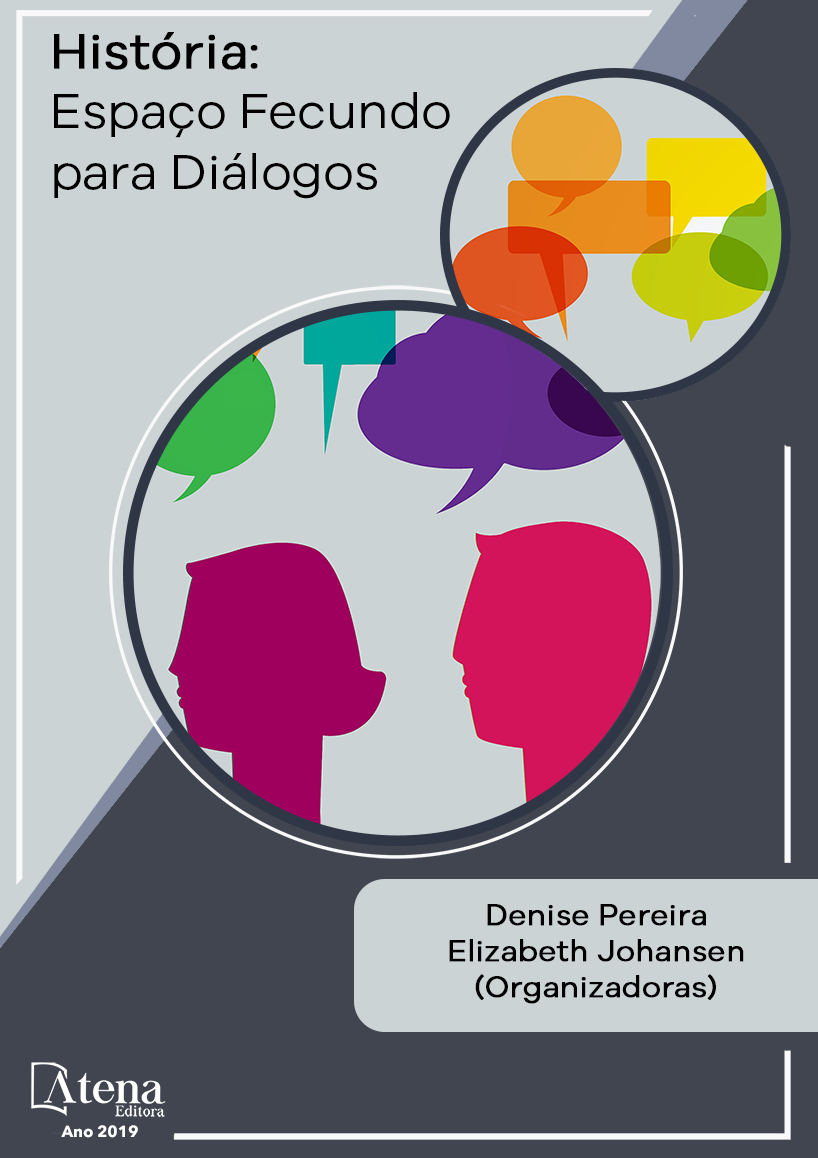
ALGUMAS CONTRIBUIÇÕES HISTÓRICAS PARA O COMPLEXO TERRENO EVANGÉLICO BRASILEIRO
No dia 31 de outubro de 2017,
comemoraram-se os 500 anos da Reforma
Protestante. Após cinco séculos, o Protestantismo
passou por diversas transformações. Inúmeras
igrejas e denominações religiosas surgiram
com interpretações da Bíblia e diferentes
formas de organização teológica. As
comemorações e rememorações em todo o
mundo desse movimento – que provocou um
profundo impacto não apenas religioso, mas
também político e social naquele contexto –
possibilitam-nos a pensar o quanto o estudo do
protestantismo é importante e atual, para além
do âmbito acadêmico. Afinal, atualmente, no
Brasil, apesar do Estado não ser confessional,
verifica-se a presença de discursos de matrizes
religiosas na cena política. Inclusive, nos últimos
anos, é crescente a presença de lideranças
evangélicas ocupando cadeiras parlamentares,
trazendo em seus discursos elementos de
diferentes vertentes do Protestantismo. Tendo
em vista isso, construímos uma trajetória
histórica para pensar permanências e rupturas
nas construções dos pertencimentos religiosos,
do Protestantismo aos palcos de denominações
religiosas recentes ou emergentes, como são
mais conhecidas. Integrar ou pertencer? Eis
um ponto de valor para nós. Daí a tentativa de
mostrar o percurso, que é percurso, mas não é
evolutivo e nem excludente. Afinal, a emergência
não delimita a morte do que já partiu. É como
pensar um carro em movimento, olhando a
pluralização religiosa brasileira e igrejas e
denominações religiosas como exemplos desse
caldo tão diverso.
ALGUMAS CONTRIBUIÇÕES HISTÓRICAS PARA O COMPLEXO TERRENO EVANGÉLICO BRASILEIRO
-
DOI: 10.22533/at.ed.50819270920
-
Palavras-chave: Protestantismo; Pentecostalismo; Denominações religiosas emergentes; Percurso; Pluralidade evangélica.
-
Keywords: Protestantism; Pentecostalism; Emerging religious denominations; Route; Evngelical plurality.
-
Abstract:
On October 31, 2017, the 500th
anniversary of the Protestnt Reforation was
celebrated. After five centuries, Protestantism
underwent several transformations. Numerous
churches and religious denominations have
sprung up with interpretations of the Bible and
different forms of theological organization. The
worldwide commemorations and recollections
of this movement – which had a profund impact
not only religious, but also political and social in
that context – enable us to think how important
and current the study of Protestantism is,
beyond the academic real. After all, currently,
although the state is not confessional, there isthe presence of discourses of religious matrixes in the political scene. Even in recent
years, there is a growing presence of evangelical leaders of Protestantism. In view of
this, we have built a historical trajectory to think about permanences and ruptures in
the construction of religious belonging, from Protesntantism to the stages of recent or
emerging religious denominations, as they are better know. Integrate or belong? This
is a point of value for us. Hence the attempt to show the course, which is a course, but
is not evolutionary nor exclusionary. After all, the emergency does not limit the death
of what has already left. It is like thinking of a moving car, looking at Brazilian religious
pluralization and churches and religious denominations as examples of such a diverse
broth.
-
Número de páginas: 15
- Maralice Maschio


